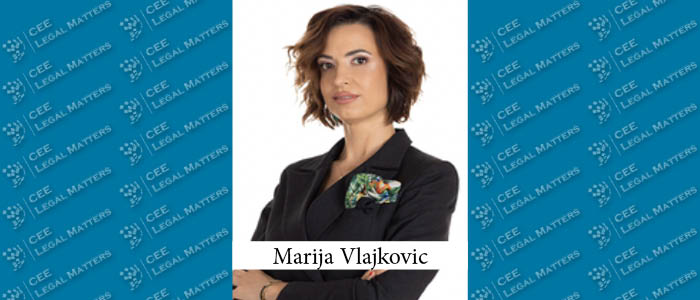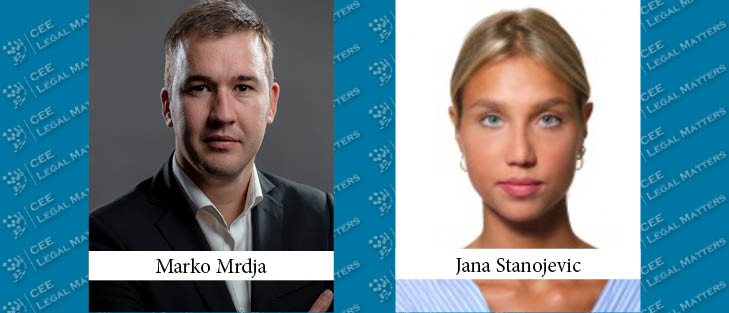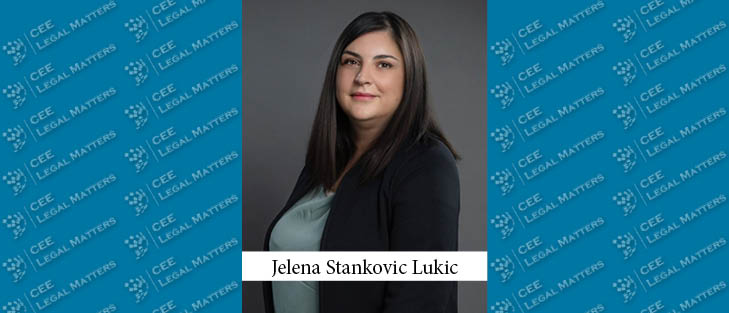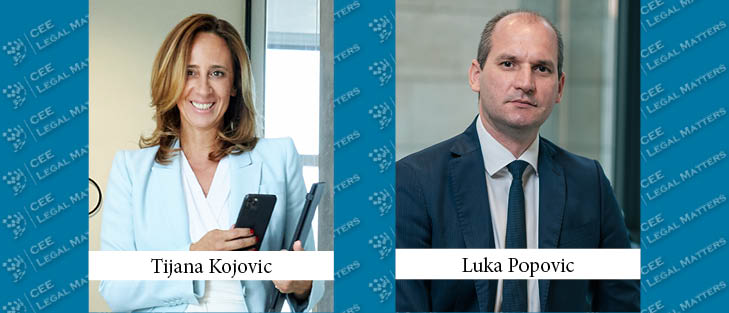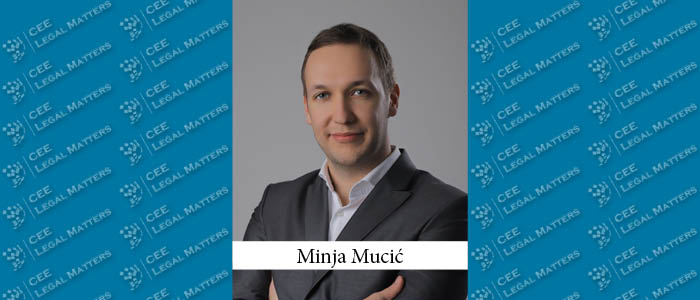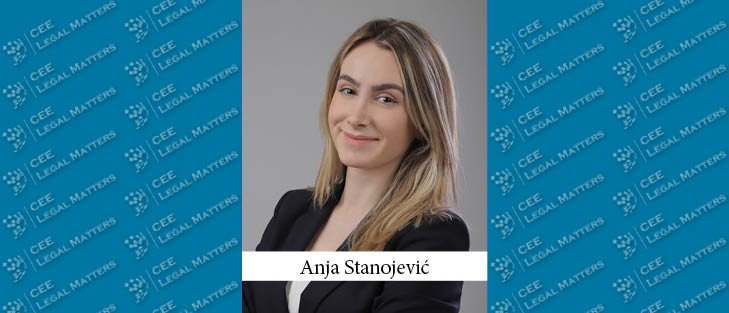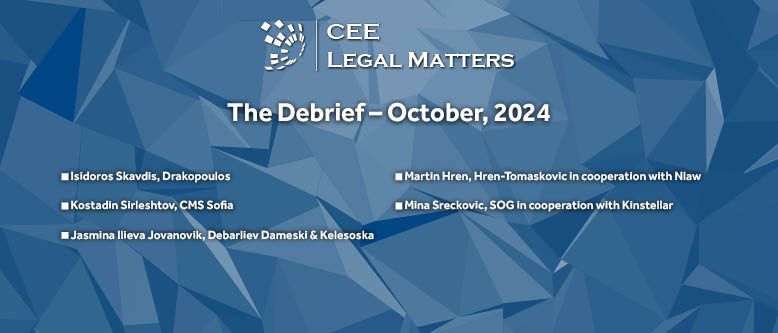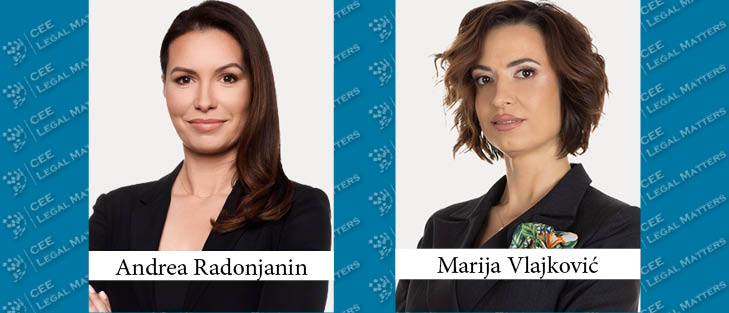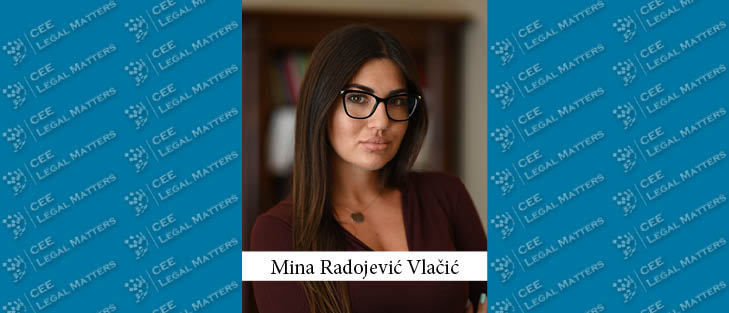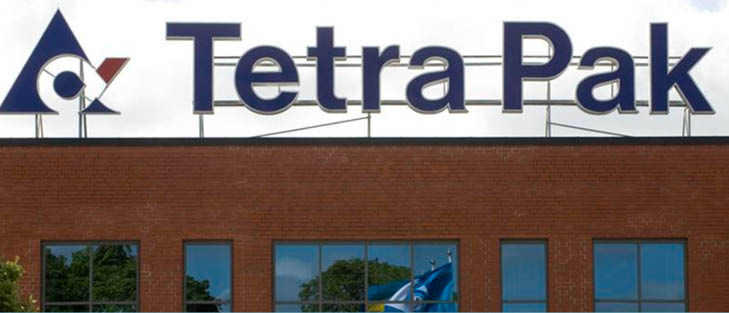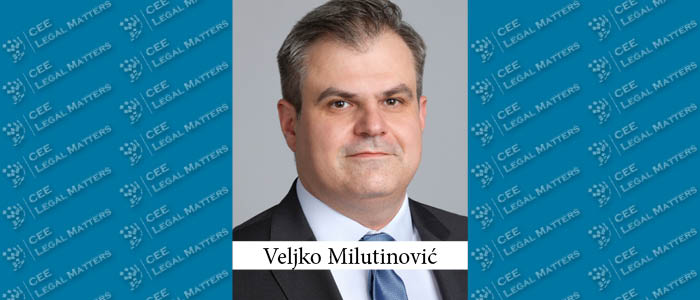CMS, working with Norton Rose Fulbright, has advised UGT Renewables on a partnership agreement with Serbia's state-owned power utility Elektroprivreda Srbije and the Ministry of Mining and Energy for the development and construction of new solar power plants and battery storage facilities in Serbia. Akin Gump reportedly advised the Government of the Republic of Serbia.
What Should Employers Expect from the EU AI Act?
AI is increasingly revolutionizing the way businesses handle recruitment, hiring, management and employee monitoring etc. AI solutions are already adept at personalizing employee experiences, such as benefits and training, streamlining HR processes throughout the employment lifecycle, boosting efficiency and significantly reducing administrative burdens. Additionally, AI provides critical workforce insights, facilitating data-driven decision-making and management. However, these advancements also bring potential risks related to discrimination, protection of privacy, and other fundamental rights that employers must carefully manage.
Law on Management of Companies Owned by the Republic of Serbia
The Law on Management of Companies Owned by the Republic of Serbia (hereinafter: the Law) came into force on 16 September 2024 in full. This Law was adopted in accordance with the recommendations that the Republic of Serbia received from the International Monetary Fund in order to corporatization, improve management and change the legal form of enterprises in the Republic of Serbia.
Proposal for the Amendment of the Law on Public Notaries
The Government of the Republic of Serbia has proposed amendments to the Law on Public Notaries ("Official Gazette of RS", no. 31/2011, 85/2012, 19/2013, 55/2014 - other law, 93/2014 - other law, 121/ 2014, 6/2015 and 106/2015) with the purpose of introducing the obligation to solemnize monetary loan agreements between natural persons in the amount of EUR 10,000 and higher.
Two Decades of BDK Advokati: A Look Back and Forward
On 19 September 2024, BDK Advokati celebrated 20 years since its establishment. BDK Advokati Managing Partner Tijana Kojovic and Senior Partner and Head of the Montenegrin office Luka Popovic reflect on this milestone and discuss the journey of the firm, its evolution, achievements, and aspirations for the future.
Closing: BIG CEE's Acquisition of Promenada Novi Sad from NE Property Now Closed
In October 2024, Karanovic & Partners announced that BIG CEE's acquisition of Promenada Novi Sad from NE Property (as reported by CEE Legal Matters on July 15, 2024) has now closed.
Kinstellar Advises A1 on Greenfield Site Acquisition in Serbia
Kinstellar has advised A1 Srbija on the acquisition of a greenfield site in Serbia.
Karanovic & Partners Advises AMD on Opening Engineering Design Centre in Serbia
Karanovic & Partners has advised AMD on opening an engineering design center in Serbia.
Jelena Arsic Becomes Chief Legal and Risk Officer at MaxBet
Former Schoenherr Partner Jelena Arsic has joined MaxBet in Serbia as its new Chief Legal and Risk Officer.
E-Delivery Note: Public Debate Opened on the Draft Law on Electronic Delivery Notes
At the end of last year, the Ministry of Finance announced the improvement of the Electronic Invoicing System (known as SEF), which will consist of various modules. Certainly, the most significant module will still be the E-Invoice, which has already been in use by business entities since January 1, 2023. Along with it, new modules such as the E-Delivery note, E-Excise, and E-Customs will also be integrated.
NKO Partners Advises on Igepa and Deus System Merger
NKO Partners has advised Igepa Cartacell and Deus System on their merger. The new entity will operate under the name Igepa Deus.
Increase in the Minimum Salary Effective January 1, 2025
The Social and Economic Council of the Republic of Serbia passed the Decision on the amount of the minimum salary for the year 2025. The Decision was published in the Official Gazette of the Republic of Serbia No. 74/2024 on September 4, 2024.
The Debrief: October, 2024
In The Debrief, our Practice Leaders across CEE share updates on recent and upcoming legislation, consider the impact of recent court decisions, showcase landmark projects, and keep our readers apprised of the latest developments impacting their respective practice areas.
AI Regulation and Development in Serbia
AI is developing rapidly in Serbia and numerous initiatives are emerging daily. Therefore, a working group, which includes our Schoenherr expert Marija Vlajković, is already in the process of drafting a new Law on Artificial Intelligence. The final draft is expected by spring 2025.
Exemption from Tax on Capital Gains Realized from the Transfer of Copyright, Related Rights, and Industrial Property Rights
In the Official Gazette of the Republic of Serbia no. 71, dated August 16, 2024, a new Rulebook on Tax Exemption on Capital Gains Realized from the Transfer of Copyright, Related Rights, and Industrial Property Rights (“Rulebook“) was published.
Tying the Knot in Serbia: A Buzz Interview with Mina Radojevic Vlacic of Stojkovic Attorneys
Serbia is quickly becoming a favored destination for foreign couples seeking marriage and new opportunities according to Stojkovic Attorneys Head of Labor and Immigration Mina Radojevic Vlacic.
Cvjeticanin & Partners Advises Tetra Pak Serbia on Eco Challenge Award
Cvjeticanin & Partners has advised Tetra Pak Serbia on the development and implementation of the Eco Challenge award contest.
European Court of Justice Revives EUR 13 Billion State Aid Ruling Against Apple in a Landmark Decision
In a crucial legal victory for the European Commission, the European Court of Justice (ECJ) has upheld the Commission’s decision that Apple must repay up to €13 billion in back taxes to Ireland. This ruling, issued in September 2024, reaffirms the Commission’s original 2016 judgment, marking a significant step in the European Union‘s effort to crack down on favorable tax arrangements for multinational corporations.


